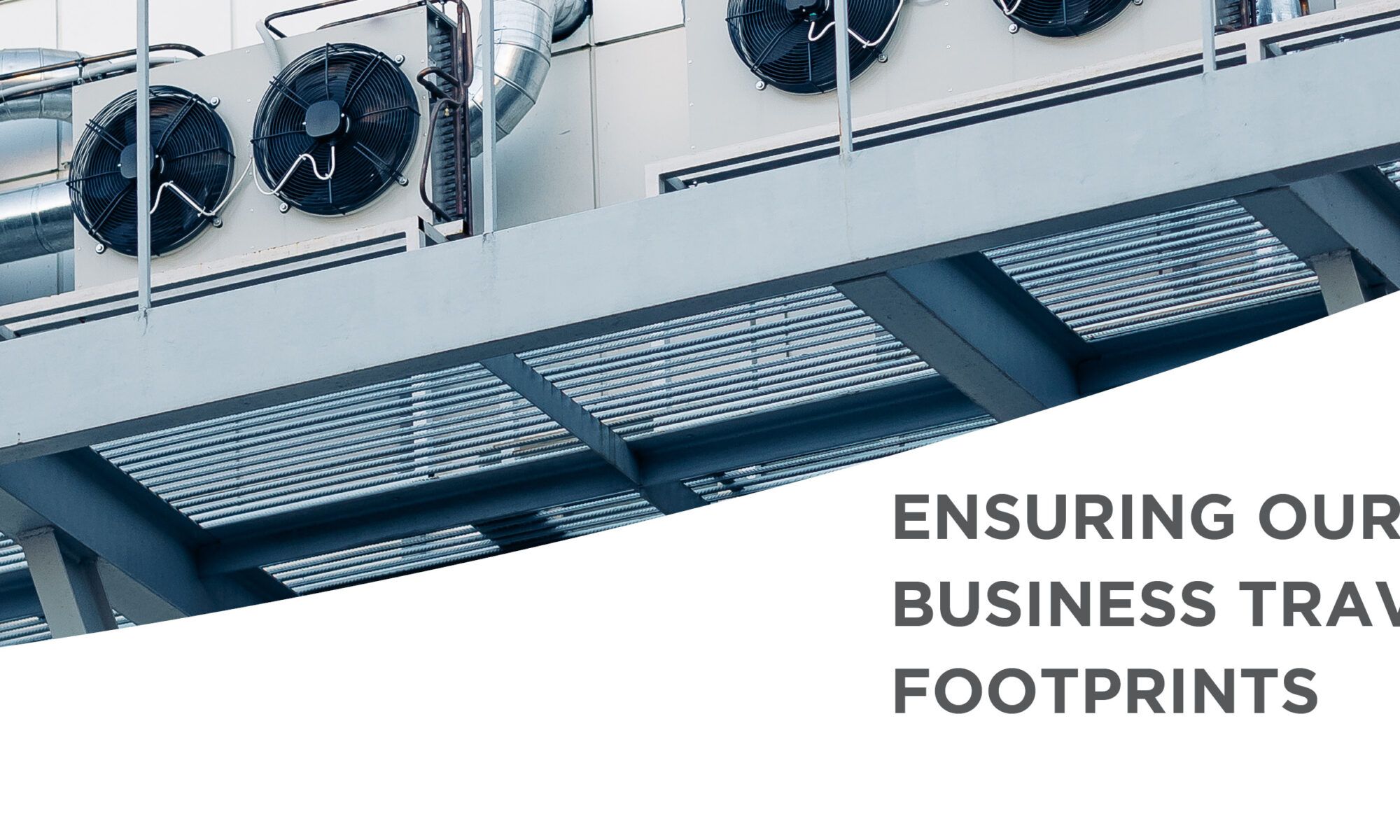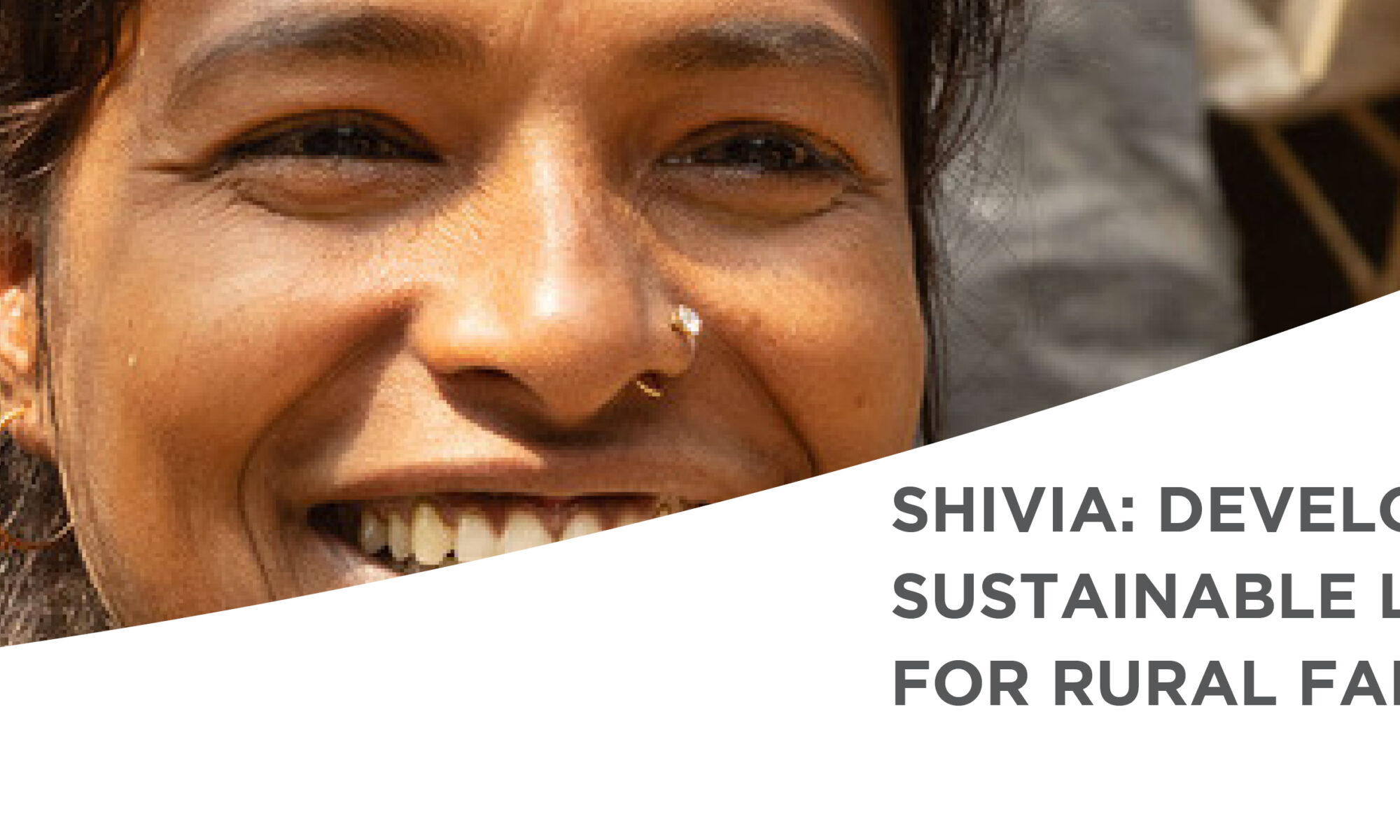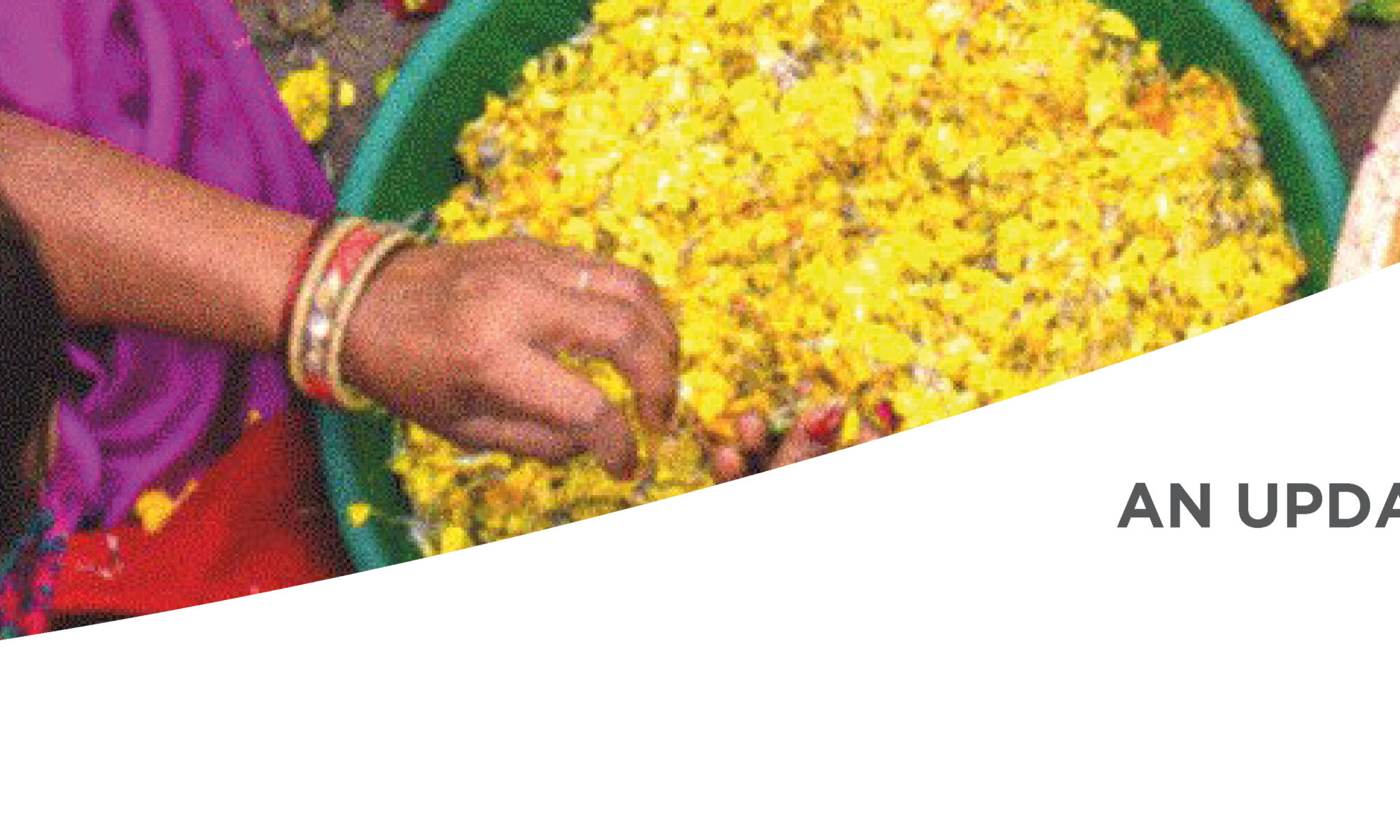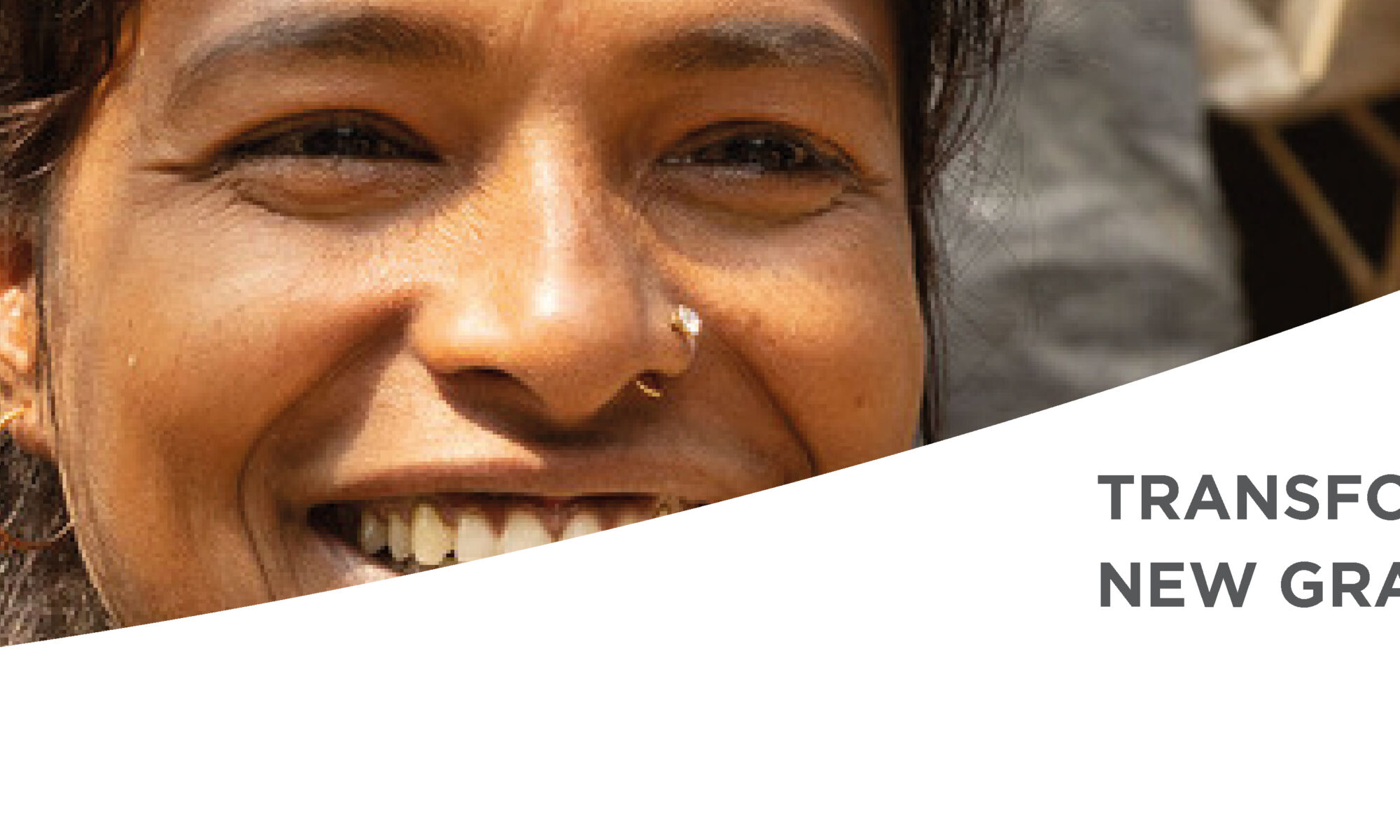In January 2025, Suresh Mistry, Head of Sustainability at Alquity Investment Management, visited the operations of Shivia in India. Shivia is a charity partner of the Alquity Transforming Lives Foundation, whom we have supported for several years, most recently through donations to help them commence new projects. This visit gave Suresh the opportunity to see the impact of the work Shivia and their local partners undertake, as well as speak to the beneficiaries about their experiences and conduct consumer panels with both employees and of Shivia.
SHIVIA: SOME BACKGROUND
Shivia was founded in 2008, initially starting its operations in West Bengal. Shivia’s first major initiative was the Poultry Development Service (PDS), which aimed to support women farmers by providing them with 10-day-old chickens, feed, medicine, and vaccinations. The program also trained the farmers on how to care for the chickens and sell the eggs/meat. To select eligible farmers for the poultry program, Shivia developed a scoring system based on factors like housing type and cooking fuel used, which enabled them to target aid to farmers with the lowest scores and the greatest need. The goal of the poultry program was to make the farmers financially independent within 3–4 years. By the end of the program, many farmers were able to grow their flock from 10 chickens to 150–200 chickens.
In 2014, Shivia expanded its operations to the Agriculture Development Program, which aimed to address the financial challenges faced by crop farmers in West Bengal. This program included soil testing, group formation, training on bio farming practices, and connecting farmers to government schemes. This program has supported around 14,000 farmers in West Bengal and 2,000 in other states. In 2023, Shivia launched its Fish Farming Program, which focused on utilizing the abundant ponds in West Bengal for commercial fish production. The program provided fingerlings and training to farmers on pond management and fish farming. It initially started with 50 farmers and have since expanded it to 250 farmers, with plans to expand based on learnings from the initial trials.
SELENA’S CHICKEN FARMING SUCCESS STORY
Selena, a resident of a rural village, has been running a successful chicken farming project for the past one and a half years. Through this initiative, she has not only generated a steady income but also expanded her entrepreneurial ventures. Selena started her chicken farming project with an initial investment of 800 rupees ($10) for 10 chickens. This covered the registration fee as well as the cost of building the chicken coops and providing electricity. With the guidance and training provided by the project organisers, Selena was able to effectively manage the chickens’ feed, health, and sales. The chickens Selena raises fetch a price of around 170 rupees per kilogram, with each chicken weighing approximately 2 kilograms. This allows Selena to earn a profit of 2,000 to 2,500 rupees every four months from her initial investment of 800 rupees. The high profitability of the chicken farming project has enabled Selena to reinvest her earnings. She has used the profits to start a small shop in her village, selling various food and jewellery items. Selena’s chicken farming project serves as an inspiring example of how the Shivia PDS can help transform the lives of the rural poor in India. The project’s success can be attributed to the comprehensive training and support provided, as well as Selena’s dedication and hard work.
“With the help of the Shivia Livelihood Service Providers, I have been able to build my chicken flock and use the money I make to fulfil my dream of running a shop in the village.” (Selena)
ALQUITY-FUNDED PROJECT NEAR RAIPUR IN CHHATTISGARH
Since 2024, Alquity has helped Shivia fund a new PDS project for tribal women in Chhattisgarh, one of the poorest states in India. Suresh visited the project to see how it was progressing and to learn more about a trial Shivia was undertaking with our support. The project was within the Barnawapara Forest area, around a 1.5-hour drive from Kasdol, a small town approximately a 2-hour drive from Raipur, the state capital. In this area, Shivia works closely with a local partner called KALP, which was founded 25 years ago and has strong local connections. This history has enabled the KALP team to build long-term, supportive relationships with the tribal communities, who are typically very wary of support from “outsiders.” Unlike West Bengal, where villages are close together, here the villages are more remote and consist of small hamlets of 15–20 houses clustered together. Due to this unique geography, Shivia is able to support multiple farmers in the same village, as the farmers can sell their chickens over a wide range and therefore do not compete. In addition, commercial buyers are able to visit the villages and buy in bulk, providing an additional route to market. I met with a group of farmers in the village and learned from them about their experience with the support that KALP provided. The farmers expressed deep gratitude for the support and training provided by the Livelihood Service Providers (LSPs). They highlighted how the LSPs have taught them crucial skills, such as how to properly vaccinate the chickens. Before the project, the farmers only had sporadic work as agricultural labourers during the farming season. The chicken farming programme has provided them with a steady source of income that they can rely on year-round. They are now able to use the money earned from selling the chickens to prepare for festivals, buy clothes and other necessities for their children, and support their children’s education. Overall, the support provided through training, resources, and market linkages has been transformative for these farmers. It has enabled them to transition to sustainable poultry farming, significantly improving their household incomes and quality of life for them and their families.
TESTING A NEW APPROACH
The team is experimenting with two different chicken farming models: a hybrid bird model that grows faster (three months) and an indigenous bird model that grows more slowly (five to six months) but is more expensive and flavorful. A major challenge with the hybrid bird model is predators like snakes and pythons, which have caused significant losses. The indigenous birds are stronger and better able to defend themselves. The team is taking a data-driven approach and considering A/B testing to compare the outcomes of the two models. They are also carefully timing chicken distribution to avoid extreme weather conditions. Overall, the team is focused on iterating and improving the chicken farming models to best serve the remote, underserved
communities they work with.
CONCLUSION
As investors, it is crucial to understand that Alquity’s impact goes beyond financial returns. By supporting organizations like Shivia, we contribute to a virtuous cycle of economic empowerment, improved livelihoods, and sustainable development. This holistic approach to investment sets Alquity apart and drives our mission to transform lives through the power of investment.







